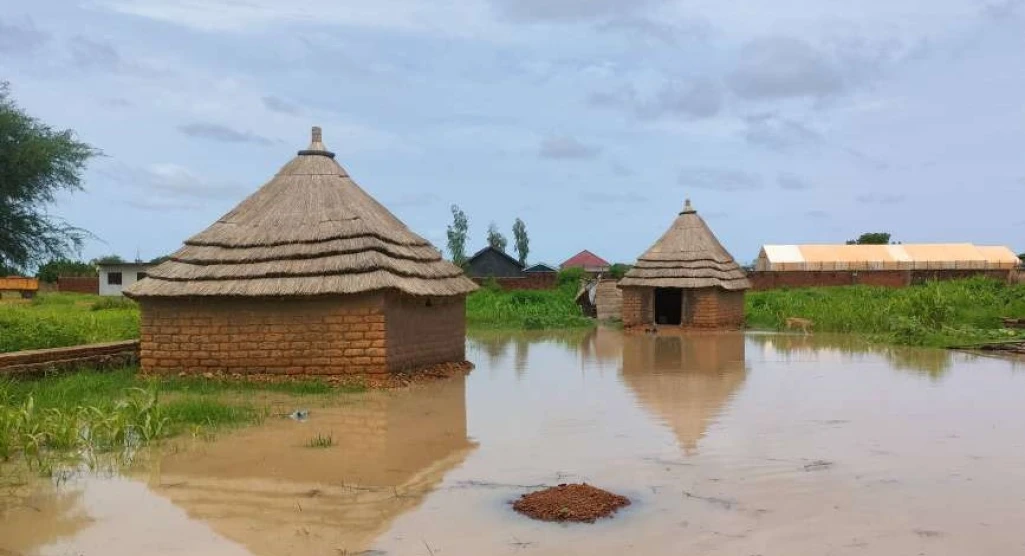
President
Salva Kiir Mayardit on Thursday received an extensive briefing on critical
humanitarian issues affecting Jonglei, Western Bahr el Ghazal, and Northern
Bahr el Ghazal States.
“The Governor
of Jonglei, State Mahjoub Biel Turuk, reported that six counties are currently
submerged by floods, creating significant risks to local communities amid
ongoing national challenges,” said Lilly Adhieu Martin Manyiel Ayuel,
presidential press secretary.
“Governor
Turuk emphasized the urgency of their situation, noting the need for immediate
support to safeguard the livelihoods and well-being of those currently impacted
by the disaster.”
Sarah Cleto
Rial, governor of Western Bahr el Ghazal, reportedly updated the President on
the successful dialogue initiatives aimed at resolving communal conflicts while
also addressing the challenges posed by a growing displaced population,
particularly due to the conflict in Sudan.
Adhieu said,
"Governor Sarah also reported on a productive farming season, along with
the announcement of development projects aimed at enhancing infrastructure and
community services."
She asserted
that these efforts reflect the state’s resilience and commitment to fostering
stability and growth despite ongoing challenges.
Meanwhile,
Simon Uber Ajongo, governor of Northern Bahr el Ghazal State, informed the Head
of State about the significant influx of the Sudanese refugees, which he
reportedly said is further destabilizing the border region.
The press
secretary further added, “The President's meeting with the Governors highlights
the urgent need for comprehensive strategies to tackle both immediate and
long-term challenges faced by the states, ensuring the safety and well-being of
their restive populations.”
A report by
Reliefweb stated that over one million individuals are affected by floods
across 42 counties and the Abyei Administrative Area, with Northern Bahr el
Ghazal and Unity states comprising over 40 percent of the affected population.
Floods in 17
counties and the Abyei Administrative Area have forced about 271,000 people to
flee to higher ground.
Heavy
rainfall and flooding have rendered 15 key supply routes impassable,
restricting physical access.